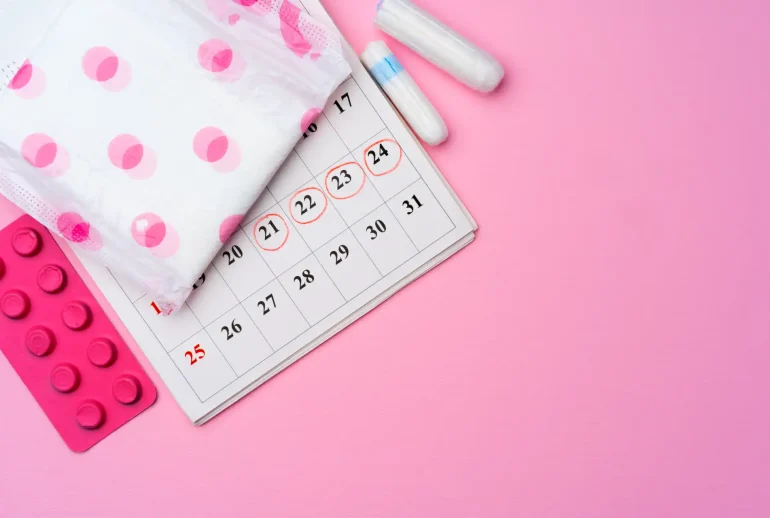When to Take a Pregnancy Test: Timing, Accuracy, and What to Expect
If you’re wondering whether you might be pregnant, timing is everything. Knowing when to take a pregnancy test can save you stress, confusion, and even false results. In this guide, we’ll explain the best time to take a test, how they work, and what you can expect depending on when you test.
How Do Pregnancy Tests Work?
Pregnancy tests detect a hormone called human chorionic gonadotropin (hCG) in your urine. This hormone is produced by the placenta after a fertilized egg attaches to the uterine lining—usually around 6 to 12 days after ovulation.
According to the American Pregnancy Association, hCG levels rise rapidly after implantation, often doubling every 48 to 72 hours in early pregnancy. The more hCG present, the more likely the test is to detect it.
When Is the Best Time to Take a Pregnancy Test?
The most accurate time to take a home pregnancy test is after your missed period. Most tests claim to be 99% accurate when used at this time. However, some early detection tests can identify pregnancy up to five days before your period is due—but the results may be less reliable.
Testing Too Early?
If you test too soon, your body might not have produced enough hCG to be detected, even if you’re pregnant. This can result in a false negative. If you think you tested too early, wait a few days and try again.
For more clues that it might be time to test, review our post on 10 Early Signs You Might Be Pregnant.
Best Time of Day to Take a Pregnancy Test
It’s recommended to take the test with your first morning urine. hCG levels are most concentrated after you’ve been sleeping and not urinating for several hours. Testing in the morning increases the likelihood of an accurate result, especially in early pregnancy.
What If the Test Is Negative?
If you test negative but still believe you’re pregnant, consider these possibilities:
- You tested too early—try again in a few days.
- Your urine was diluted—try testing first thing in the morning.
- You may have irregular cycles and ovulated later than expected.
If you’re unsure, follow up with your healthcare provider or schedule a blood test for more accurate results. Learn more about next steps in our guide: What to Do If You Think You’re Pregnant.
What If the Test Is Positive?
If your test is positive, congratulations! Whether the pregnancy is planned or unexpected, it’s important to:
- Confirm the result with your doctor.
- Start taking prenatal vitamins if you haven’t already.
- Avoid alcohol, smoking, and substances that can harm fetal development.
- Schedule your first prenatal visit.
False Positives: Are They Possible?
While rare, false positives can happen. Causes may include:
- Recent miscarriage or abortion (hCG can remain in the body temporarily)
- Fertility medications containing hCG
- Medical conditions, such as ovarian cysts
Always confirm a positive result with your healthcare provider.
Digital vs. Line-Based Tests: Which Is Better?
Line-based tests show a visual result using one or two lines, while digital tests clearly display “Pregnant” or “Not Pregnant.” Both are effective, but digital tests may be easier to read for first-time users.
Some experts recommend keeping a line-based backup test on hand to double-check any ambiguous digital results. Healthline offers more details on test options and accuracy rates.
Final Thoughts
The best time to take a pregnancy test is after your missed period, using your first urine of the day. While early tests are available, waiting just a few more days can give you more accurate and reliable results. If you’re unsure about your symptoms or results, don’t hesitate to speak with a medical professional.
Still not sure what to do next? Visit our resource guide on what to do if you think you’re pregnant for practical next steps and emotional support.
